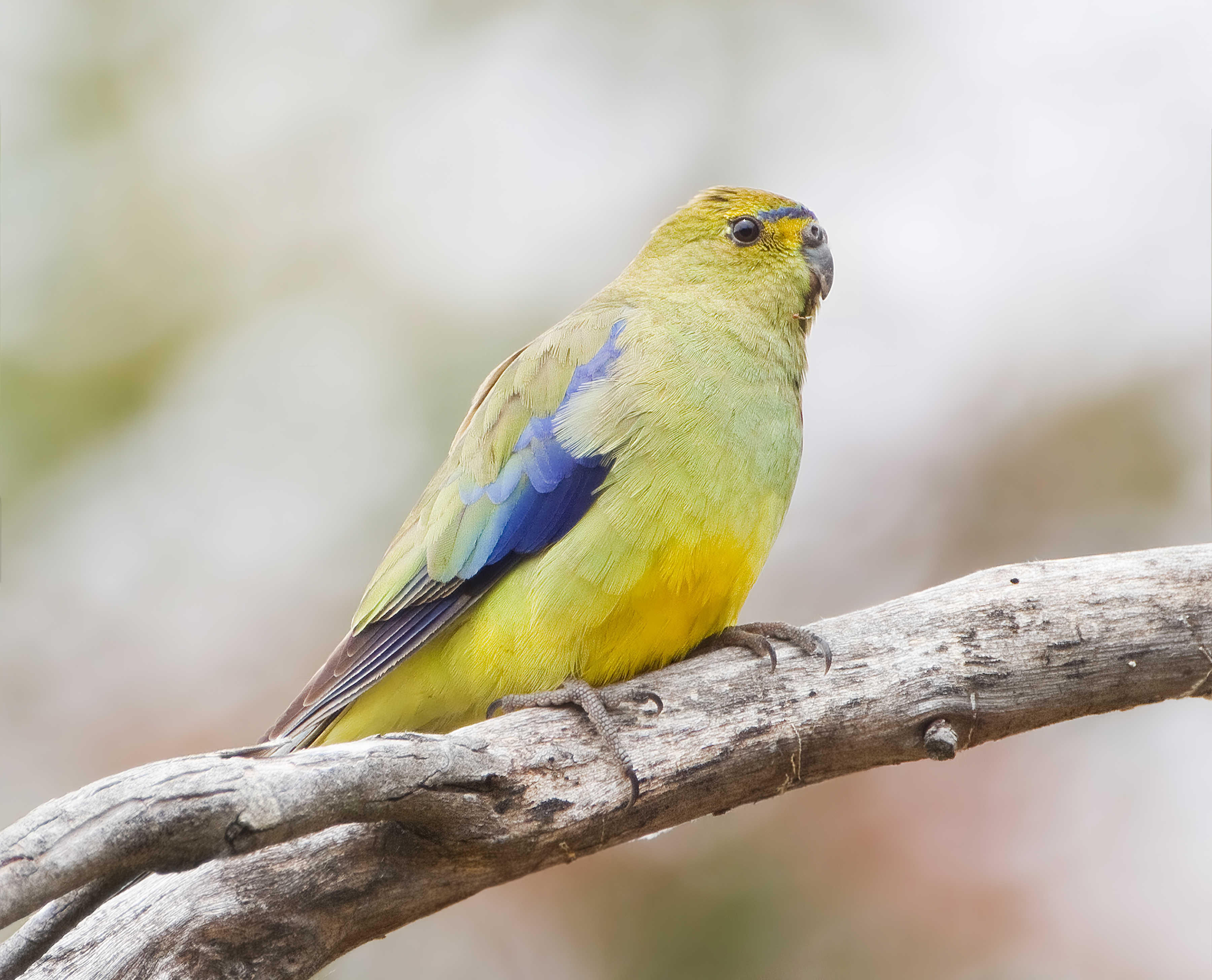There is much that is obviously fictional here, but some points raised by this situation are worth lingering on. The idea that once a bird is seen, its illustration and account in the book doesn't need to be looked at again is a parody of competitive birders (the famous "twitchers" among Brits*- though "listers" is used more frequently in North America) who seem to watch birds only in the interest of assembling lists of what they have and haven't seen. The point of view in this post seems to be of someone who can't keep up with the "twitchers" (in the British sense) and could be getting back at them by suggesting they're searching for things that don't exist. However, if we get past the humor, it can also be seen as a new system an individual birder has worked out for himself. And it works for him.
Being an attempt by humans to understand the universe, science is artificial. It is not a single dominating truth without alternatives. Nature itself may be more of a truth, and as it flows freely, human endeavors to document it shift. The binomial system of Latin names for species, as invented by Carolus Linnaeus, was perfect for the Enlightenment times he came from, when everyone seemed to be trying to reduce nature to numbers and draw straight lines on it. Since then, lines have bent and blurred; wholes have been seen to exceed the sum of their parts. However, enough aspects of the Enlightenment approach have persisted to make current science a complex hybrid of the objective and the subjective- too complex to be the first thing that comes to mind when nature is perceived firsthand. Not everyone knows science, and though it's often interesting to know science's take on nature, not everyone has to.
With respect to identifying bird species, there are lots of situations in which species are so similar it would take a highly skilled eye and ear to differentiate them (this is the result of lumpers and splitters- but that's a story for another post). Does anyone who's not that curious about what they are need to be able to tell them apart? People get along just fine not knowing the subtlest differences.
 |
| Blue-winged parrot, as mentioned in the post above. |
 |
| Elegant parrot. I don't blame you if they look the same to you. |
It is the same with Latin names- nobody who's not a biologist uses them, but some pretentious "twitchers" (twipsters?) think it's necessary to know them. As Mr. O'Malley notes, the Aborigines don't need to use Latin even in formal occasions. There is not a single instance in which a Latin name is absolutely necessary for a non-scientific birder.
As a birder who is interested in identification by overall impression, I consider the distinctions one makes for themselves more important than the accepted scientific distinctions. As far as Mr. O'Malley's character, he isn't doing anyone a disservice by believing hard-to-identify birds don't exist. He is merely identifying them in his own way, and as long as he isn't trying to communicate with scientists or hardcore birders, no non-scientist or non-hardcore birder would say his system was wrong.
-Elijah
*I hear that in Australia all birders are called "twitchers".